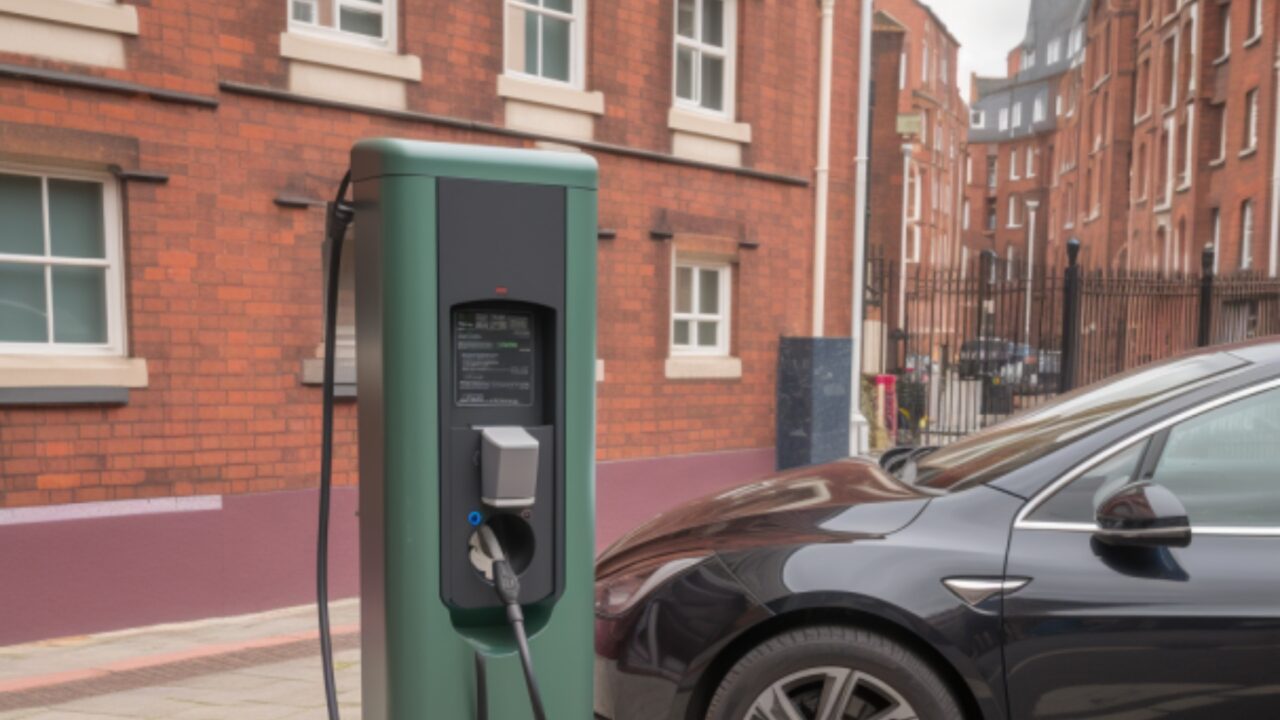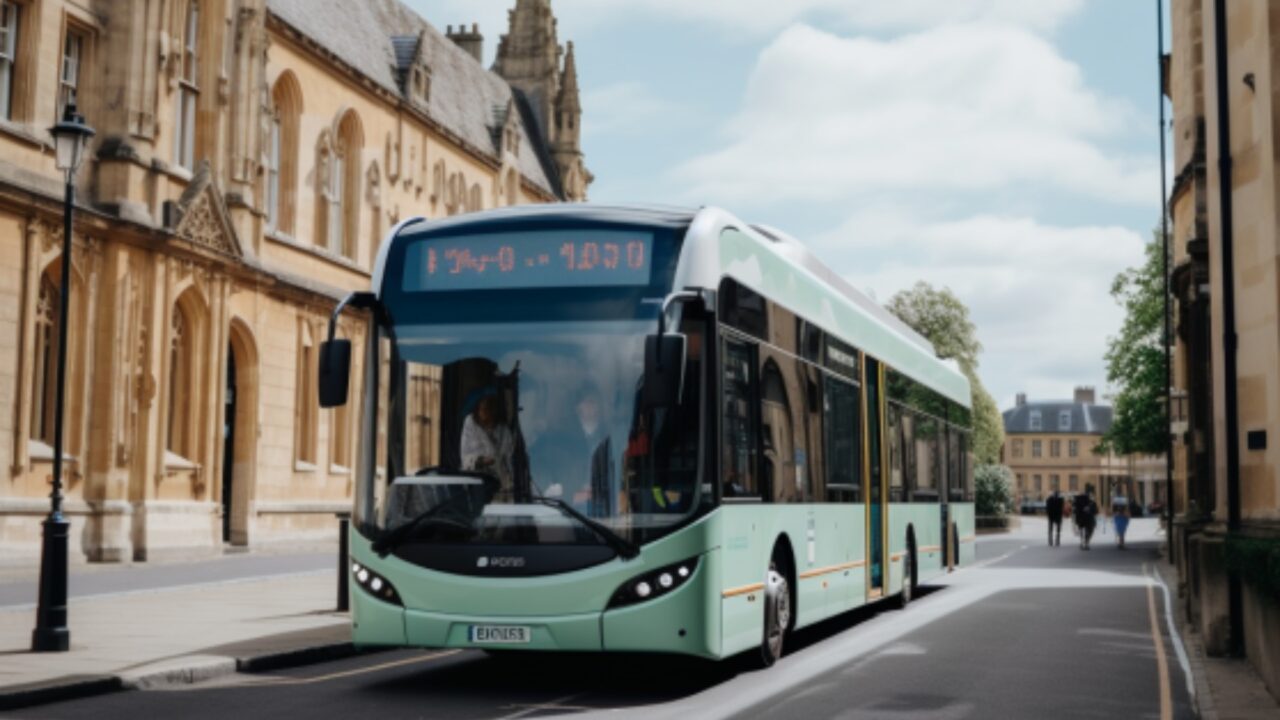Norway is tops in EV adoption, while Liverpool is to install 300 new charging points. UK Highway Code changes for safer driving and Oxford’s electric Bus fleet.
Norway Leads the Way in Electric Vehicle Adoption
Norway has emerged as a global leader in electric vehicle (EV) adoption, surpassing the United States by more than a decade. While the Biden administration aims to have 50% of new vehicles electric by 2030, Norway achieved that milestone back in 2019.
In 2022, a staggering 80% of new car sales in Norway were electric, and the country plans to eliminate gas-powered cars entirely by 2025. Contrary to sceptics’ predictions, Norway’s experience demonstrates that EVs offer significant benefits.
Oslo, the capital city, enjoys cleaner air, reduced greenhouse gas emissions (down 30% since 2009), and quieter streets. Remarkably, this transition has not caused major job losses in fuel stations or garages, nor has it strained the electrical grid.

Norway’s success can be attributed to a combination of forward-thinking policies implemented since the 1990s and the widespread availability of fast-charging stations, made possible through government subsidies.
While other countries, including the US, can draw valuable lessons from Norway’s achievements, it is equally important to address the challenges faced. This includes determining the optimal number and locations of charging stations and assisting new EV drivers in learning to navigate the charging process.
Norway’s progress serves as an inspiring example for countries striving to accelerate the adoption of electric vehicles while reaping the associated environmental and societal benefits.
Liverpool to get 300 New Charge Points
Liverpool City Council has partnered with Ubitricity to install a network of 300 on-street electric vehicles (EV) charge points, allowing residents and businesses to choose the locations. This initiative will expand the city’s current network of 150 charge points to a total of 450, positioning Liverpool as the North’s most electric car-friendly city.
The move aims to bridge the EV adoption gap between the north and south of the country and support Liverpool’s goal of achieving carbon neutrality by 2030. The lack of accessible public EV charging infrastructure has been a significant barrier to EV adoption. According to the Department of Transport, the North-West had 76% fewer public EV chargers per 100,000 people compared to London as of July 2022.
The Ubitricity charge points, which will be installed in existing street lampposts, have a charging speed of up to 5kW and can be installed in less than two hours. Liverpool City Council plans to prioritise key residential and commercial areas to ensure easy access to charging for residents.

The initiative is part of Liverpool’s commitment to its 2030 Net Zero Liverpool Action Plan, which includes reducing carbon emissions from transport. By investing in EV charging infrastructure, Liverpool is taking a significant step towards achieving its climate goals and improving air quality.
Highway Code changes to promote safer and considerate driving
In a bid to enhance road safety, positive changes have been introduced to the Highway Code regulations. One of the significant changes is the complete ban on using electronic devices while driving. The use of any electronic device, including smartphones, tablets and sat navs, has been declared completely illegal.
Also, motorists who block or cause obstructions in roads for fuel-related issues while driving can face a £100 fine and points on their licence, and this penalty includes electric car drivers as well.
UK Government Zero Emissions Vehicles mandate
The government has shared details of its planned Zero Emission Vehicle (ZEV) mandate which will close on May 24th. One element is to require car manufacturers to sell a percentage of zero-emission vehicles or electric cars, in a bid to promote uptake.
EDF Renewables Enables Electric Bus Fleet in Oxford
EDF Renewables UK has partnered with Oxford Bus Company, part of The Go-Ahead Group, to establish an 8MW connection at Cowley bus depot for electric buses in Oxford. The project allows the buses to charge overnight using depot charging infrastructure powered by EDF Renewables UK’s substation at an Oxford Bus Company’s depot.

This initiative is part of the Energy Superhub Oxford project, a four-year urban decarbonisation project that includes battery storage, a private charging network and an EV charging Park and Ride hub.
Oxford Bus Company plans to introduce 104 new electric buses across the city by the end of 2023. The partnership with EDF Renewables UK marks a significant milestone in their transition to a zero-emission fleet. The initiative seeks to enhance the role of buses in reducing car usage and accelerating the region’s journey towards net-zero emissions.
